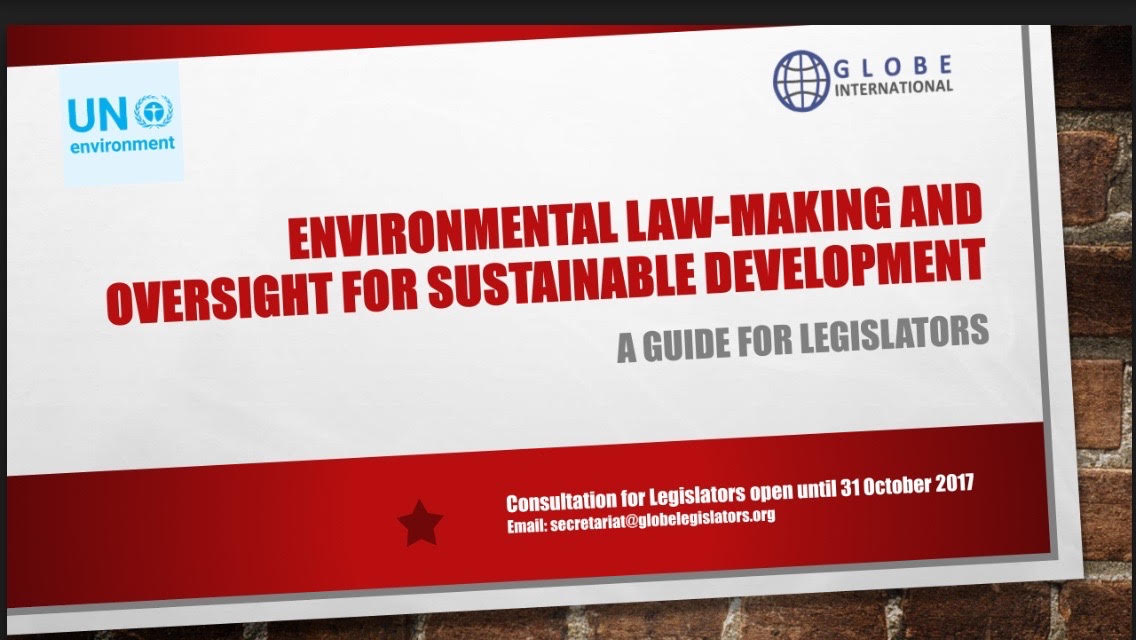
Since its emergence as a term in the landmark report, Our Common Future, by the World Commission on Environment and Development ('Brundtland Commission' 1987), and the adoption of the United Nations Sustainable Development Goals by all 193 of the world's governments in 2015, sustainable development has become the paradigmatic framework for human endeavour.
What does this mean for governance? How well has the concept travelled from universal acclamation to practical implementation by legislatures?
If sustainable development is a process as much as an outcome, are present institutions fit for purpose to 'deliver' it? Are particular constitutional frameworks more conducive to delivering on sustainable development than others? What difference do different political arrangements such as devolution, centralisation or supra-national cooperation make?
Are smaller political units such as unitary city polities more effective? How can well-known governance challenges such as siloisation and poor policy coherence / coordination be addressed? What lessons can be drawn from good / better practice?
GLOBE is embarking on a programme of action research exploring these questions with parliamentary practitioners, senior academics and other experts.
Please contact us if you would like to discuss partnership.

